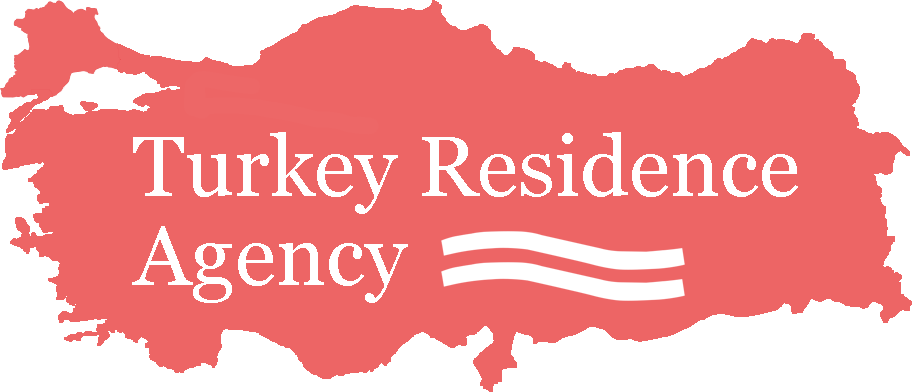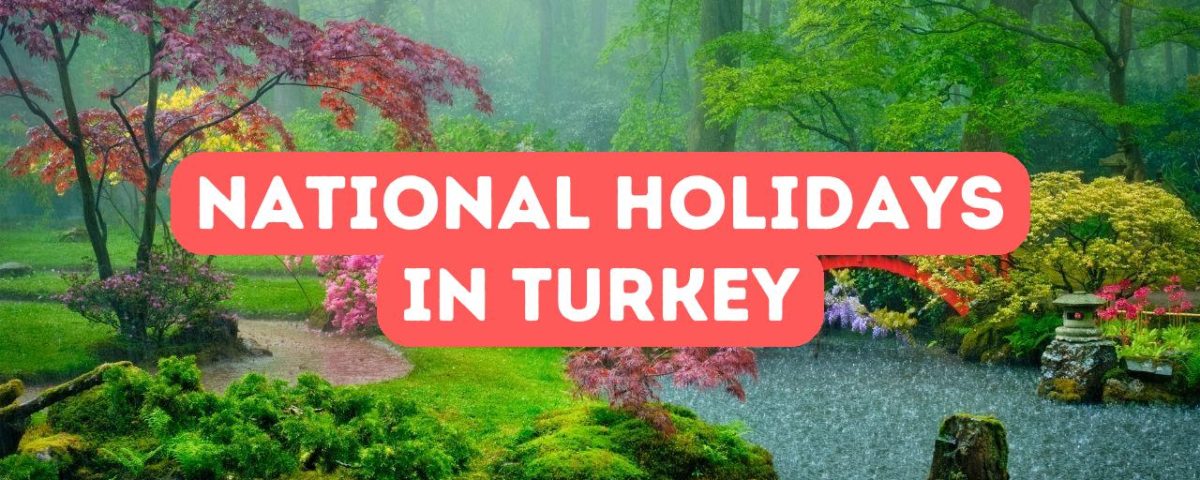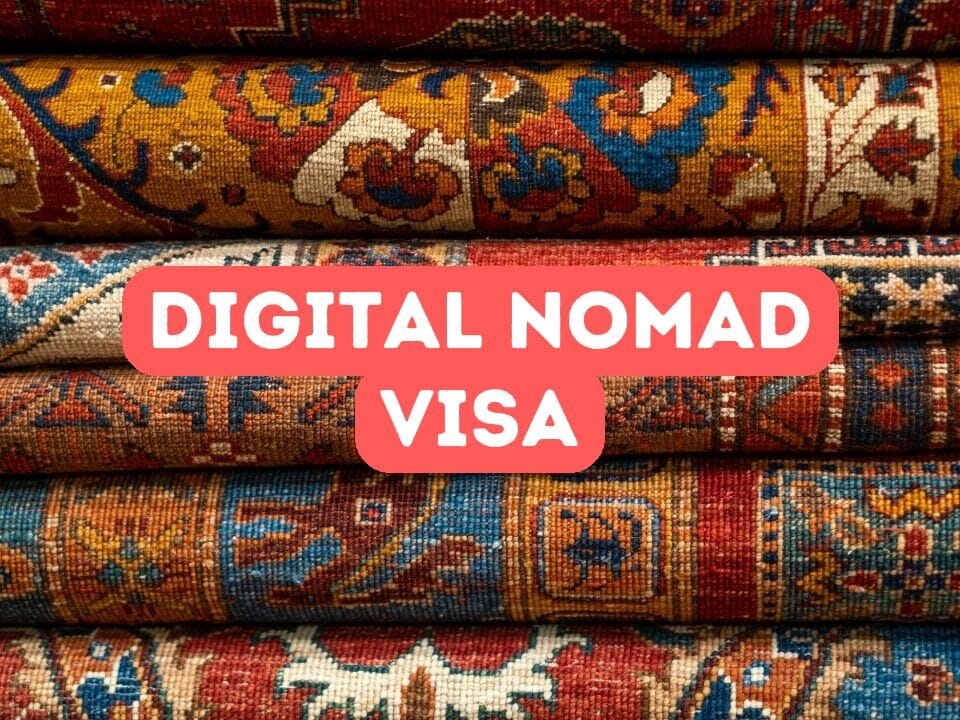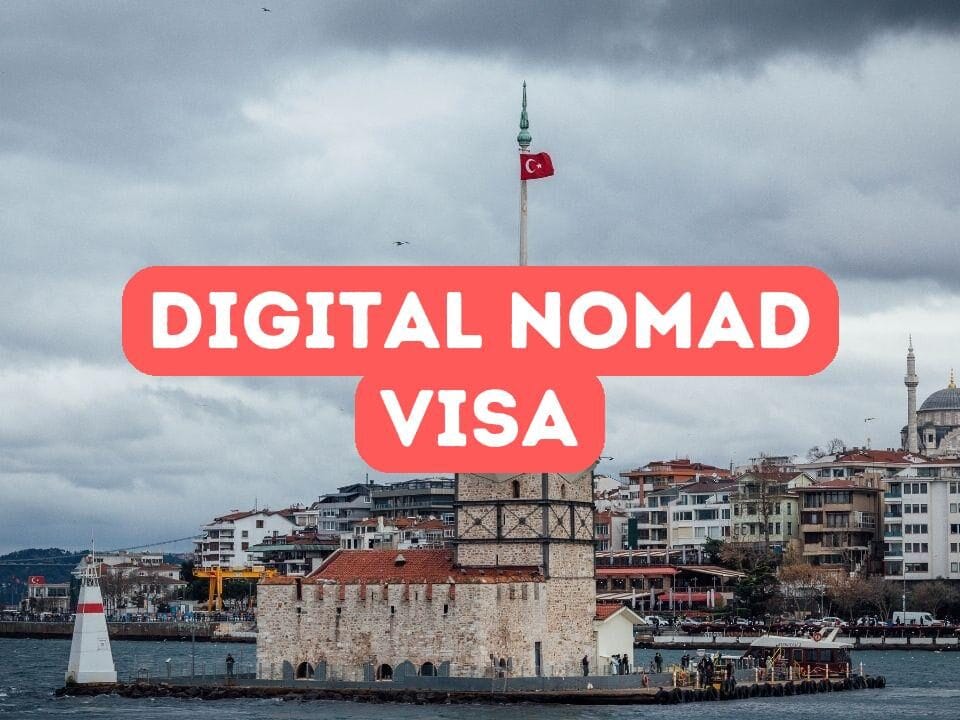Turkish National Holidays: Implications for Residents
Turkey’s national holidays are vibrant expressions of its rich historical tapestry and contemporary national identity, offering residents an opportunity to pause, reflect, and celebrate. These holidays serve as signifiers of significant events that have shaped the nation’s past and continue to influence its present and future. As these occasions roll around each year, they command a blend of patriotic fervor and communal festivities, permeating the life of residents with a blend of solemn commemorations and exuberant public celebrations. From the solemnity of Atatürk Memorial Day to the jubilation of Republic Day, Turkish national holidays are imbued with historical significance, sparking civic pride and fostering a unified national culture. For residents, these days represent both a momentary respite from the daily grind and a deep immersion in the nation’s collective memory and aspirations, with implications that resonate through their social, political, and economic lives.
Celebrating Identity and Unity: The Role of National Holidays in Turkey
The thrum of national identity beats at the heart of Turkey’s national holidays, infusing residents with a sense of shared heritage and communal purpose. These celebrations are potent catalysts for unity, binding together individuals across divergent backgrounds with the strong cords of a collective narrative. Whether it’s the vibrant parades marking the victory at Dumlupınar during Victory Day or the passionate speeches delivered on National Sovereignty and Children’s Day, every occasion offers a platform for Turks to reaffirm their national consciousness. As streets fill with the red and white of the Turkish flag and the air buzzes with patriotic anthems, the populace is reminded of their common roots and the communal struggles that have delivered them to the present day. For citizens and residents alike, these festivities are an anchor, keeping the national spirit steadfast in times of change and continuity.
In the tapestry of Turkish national holidays, the concept of unity is not just an abstract ideal but manifests concretely through collective practices such as laying wreaths at monuments, participating in citywide clean-ups, and engaging in neighborhood gatherings. These actions are interwoven with the holiday rituals, fostering a sense of responsibility and shared ownership over the country’s destiny among residents. National holidays often coincide with acts of civic engagement that transcend mere celebration, encouraging people to volunteer and contribute to social causes. Amidst this civic participation, the stories of Turkey’s past heroes and milestones are retold, reacquainting each generation with the struggles and triumphs that have afforded them their freedoms. This relational exchange between past and present fortifies the societal fabric, ensuring that the national identity is not just a relic to be observed, but a living, evolving legacy to be actively upheld and cherished by all who call Turkey home.
Beyond fostering unity, Turkish national holidays also serve as moments for introspection and prospective vision for the country’s future. On these days, the collective gaze is not only turned backwards in reverence but also forwards with anticipation. Leaders and citizens alike use the occasion to articulate aspirations for progress and renewal, echoing the principles upon which the Turkish Republic was founded. Schools and public forums become arenas for dialogue about contemporary issues, guided by the spirit of the nation’s founders, who viewed education and civic participation as the cornerstones of a healthy democracy. Consequently, these holidays are not static commemorations but dynamic milestones in Turkey’s ongoing narrative, where the enthusiasm of the present meets the wisdom of the past to sculpt a promising horizon for all residents.
Navigating Public Spheres: How National Holidays Shape Community Interactions
On Turkish national holidays, the public sphere transforms into a stage for collective expression, with streets adorned with red and white Turkish flags, and citizens attending parades, ceremonies, and communal gatherings. Whether it is the storied remembrance of the Battle of Gallipoli on March 18th or the nationwide festivities on the anniversary of the Turkish Republic’s founding on October 29th, these days are marked by a pronounced sense of community. Residents experience an intertwining of personal and collective identities, as shared historical narratives and cultural discourses are played out in real time. These events strengthen the social fabric by encouraging residents to engage in a dialogue with their past, thus enhancing solidarity and mutual understanding among diverse groups. The shared experiences and interactions during these holidays not only reinforce national unity but also shape community dynamics, fostering a sense of belonging that transcends individual differences.
The convergence of individuals from varied backgrounds during these holidays also prompts an exchange of customs and ideas, further enriching the nation’s cultural mosaic. Local markets bustle with vendors selling traditional fare and patriotic memorabilia, while children participate in school programs nurturing a nuanced appreciation for their heritage. This societal pulse is felt strongest where local traditions and national history intersect, such as the awe-inspiring spectacles in Istanbul or the intimate community observances in rural Anatolia. Engagement in these holiday rituals provides residents with a tangible link to Turkey’s collective chronicles, bridging generational divides and fostering inclusivity. As people mingle in town squares, attend patriotic concerts, or simply share stories over a communal meal, the fabric of Turkish society is woven tighter, ensuring that those from disparate walks of life contribute to and take away a piece of the nation’s shared identity.
For residents, these celebrations do more than just offer a break from work; they present a time when the echoes of history and the camaraderie of the present converge. Communal engagement during national holidays underscores the vital role that residents play in perpetuating and evolving Turkey’s cultural legacy. Local heroes are remembered, traditional dances are performed in town squares, and narratives of resilience and triumph are repeated with a renewed sense of pride. The holidays act as a mirror reflecting the nation’s diversity and the unity that can arise from it, serving as a reminder of the common ground residents share. In this environment, the significance of participation in public life is amplified, encouraging individuals to contribute to community well-being. These national milestones not only mark the calendar but also reinforce civic responsibility and participation, embedding a collective consciousness into the very rhythm of Turkish life.
Economic and Social Dynamics: The Impact of Turkish Holidays on Local Life
On the economic front, Turkish national holidays wield a significant influence on local markets and businesses. Public sector offices and schools close down, and many private enterprises follow suit, turning bustling city centers into quiet havens for a brief interlude. This pause, however, is often preceded by a flurry of economic activity, as residents engage in a frenetic bout of shopping, boosting retail sales with purchases of flags, clothing, and traditional foods that are associated with the celebrations. For small businesses and street vendors, these holidays can be a lucrative period, characterized by elevated demand for festive goods and services. Conversely, for industries reliant on daily operations, such as manufacturing or international trade, these breaks can introduce temporary slowdowns, necessitating advanced planning and schedule adjustments to mitigate impacts on productivity and revenue.
Alongside economic impacts, Turkish national holidays foster a sense of community and social cohesion among residents. Neighbourhoods come alive with street parties, parades, and communal feasts, offering a platform for social interaction and cultural exchange. The blending of diverse traditions on these days reflects the mosaic of Turkish society, and promotes inclusivity as well as national unity. Such celebrations often extend beyond the confines of individual homes, with locals and expatriates alike gathering in public spaces to partake in shared experiences. For many, this communal aspect provides a much-needed sense of belonging and reinforces social bonds. Nonetheless, it’s also a time when the stark differences in socio-economic status become apparent, highlighting the disparities within cities as lavish displays of wealth contrast with modest community gatherings.
In the afterglow of the festivities, Turkish national holidays leave an indelible mark on the collective psyche of residents. While work and school routines resume, the memories of shared experiences linger, fostering a narrative of unity that transcends the boundaries of the actual event. Such occasions also serve as an impetus for civic engagement and national dialogue, prompting discussions on issues ranging from historical interpretation to contemporary societal challenges. The heightened patriotism can even influence political landscapes, as leaders and citizens alike might reflect on the progress of the nation, and chart new courses inspired by the ideals celebrated. As life returns to its usual pace, the sense of pride and community ignited by these holidays remains a testament to their lasting impact on Turkish social and economic life, shaping a cohesive national identity that endures well beyond the calendar dates.






